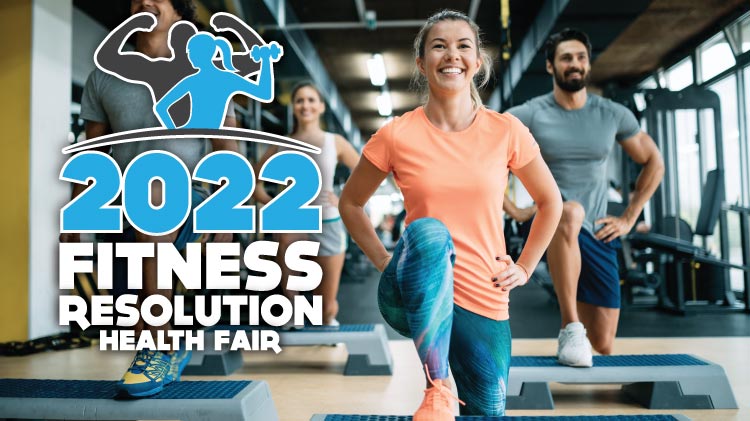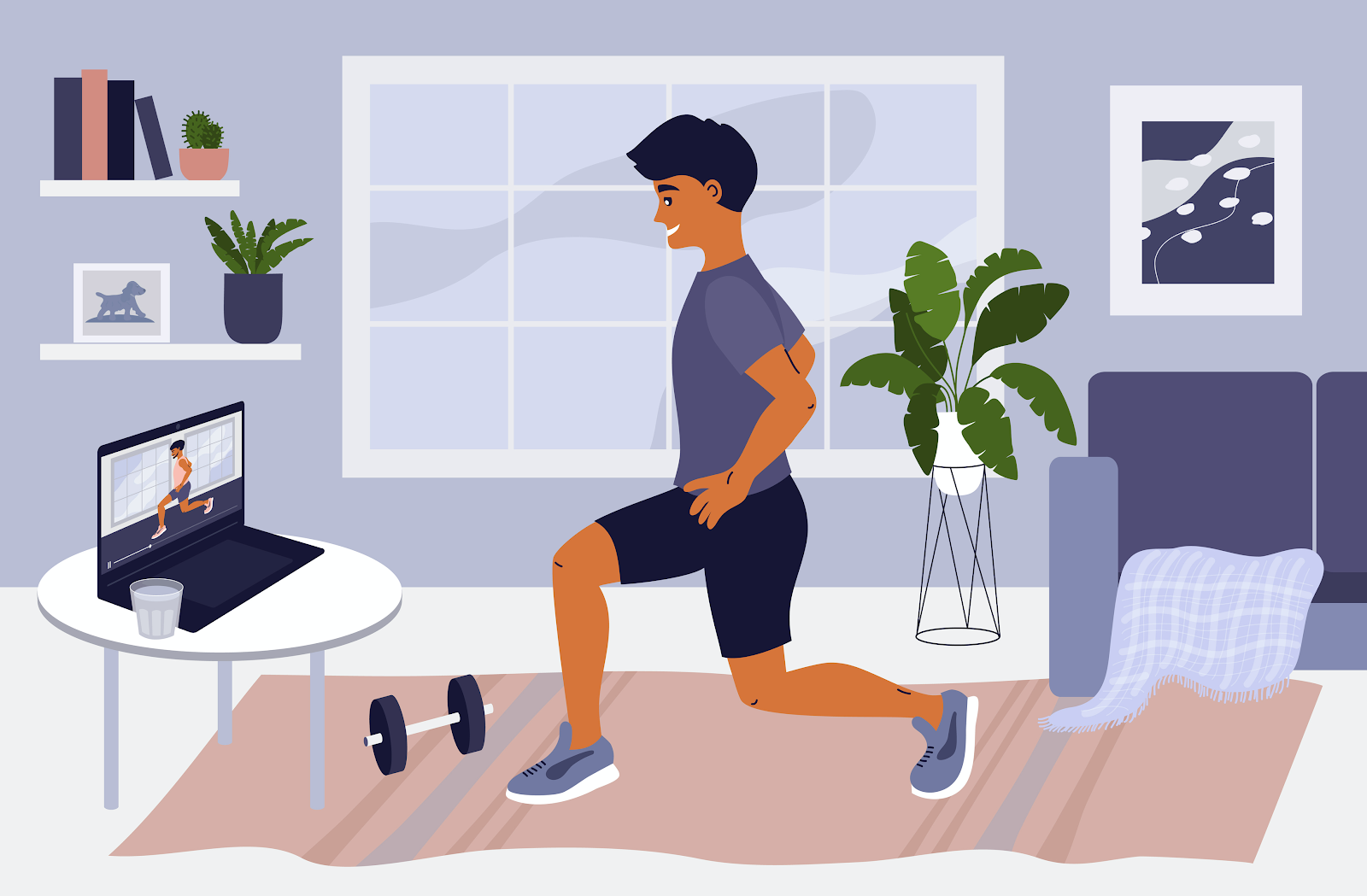
CrossFit equipment also includes knee sleeves and weight belts. This gear can make a huge difference. From gloves and wrist wraps to lifting shoes and weight belts, crossfit gear helps an athlete stay protected and comfortable during workouts. It's essential for every athlete to have proper crossfit gear.
Wrist supports
Crossfit wrist guards can help protect your wrists. Due to the heavy lifting of weights, this exercise can place significant stress on your wrists. To avoid this, wrist wraps that fit around the wrists can provide extra support. You can easily adjust the fit to suit your wrists.
There are two main types of wrist wraps: thumb loop and tie-on. Thumb loop wrist bands are thinner and more thicker than tie-on wraps and typically have Velcro closures. These wraps are made to give you extra support, but not restrict your mobility. This is especially important for Crossfit athletes. The tie-on wrist wraps can be adjusted to perfectly fit your wrist. They are more flexible and longer than the regular wrist wraps.
Kinesiology tape
Kinesiology taping is an excellent tool for crossfit. It protects your knees and helps prevent injury during exercise. It is made up of adhesive and cloth, so it can move with your body. This is unlike a rigid adhesive, which is meant for you to remain in place and not allow you movement.

Kinesiology taps stimulate natural blood and lymphatic flow around affected areas. This increases blood flow allows the transport of oxygen as well as waste material to the affected area. In addition, lymph fluid moves faster and allows for faster healing of joints and muscles that have been injured.
FAQ
Does exercise cause me to gain weight?
Not at all. Exercise can actually help you maintain your weight. Regular exercise will help you build muscle and boost your metabolism. This will allow you to burn more calories every day. This will mean that your body won't store as many calories.
What does exercise do for your body?
Exercise is a great way to lose weight, increase your energy, lower stress levels, strengthen your muscles, and improve your sleep quality. Exercise can improve mood, self-esteem and productivity as well as reduce the risk of developing heart disease.
What should I do if I'm working out?
It is important to limit your alcohol intake while you are working out. A moderate amount of alcohol, one drink per day, may be beneficial for endurance during exercise. It may also be beneficial in reducing fatigue and muscle aches that can result from vigorous exercise.
How Can I Get Started With Fitness?
Start small. Begin by taking 10 minutes each morning to walk around the block. This will show you how to move and give your muscles the time to adjust. You can then add more steps into your daily exercise routine once you have learned this simple form.
What happens if my sleep is not enough?
You can't get enough sleep and your brain will not be able to regulate hormones and chemicals responsible for controlling appetite and metabolism. You may also gain weight and overeat. Overeating can also be caused by a lack of sleep.
What Are Resistance Training Exercises?
Resistance training uses weights or other objects to perform certain movements. For example, lifting weights strengthens your arms, shoulders, chest, back, legs, and core. Resistance training promotes strength, muscle mass, and bone density.
What is the significance of healthy nutrition?
Nutrition is important for our health and well-being. A healthy diet includes fruits, vegetables, whole grains, lean protein, and dairy. Healthy eating habits lead to improved overall health.
Statistics
- In high-income countries, 26% of men and 35% of women were insufficiently physically active, as compared to 12% of men and 24% of women in low-income countries. (who.int)
- In 2018, the World Health Assembly agreed on a global target to reduce physical inactivity by 15% by 2030 and align with the Sustainable Development Goals. (who.int)
- Physical activity confers the following maternal and fetal health benefits: a decreased risk of pre-eclampsia, gestational hypertension, gestational diabetes (for example, 30% reduction in risk) (who.int)
- An estimated 110,000 deaths per year could be prevented (cdc.gov)
External Links
How To
How to Burn Belly Fats Quicker
Belly Fat is often considered a problem for those who want to lose weight. However, Belly Fat can be beneficial if you really think about it. It's the amount of fat stored around your stomach that protects your organs from getting damaged. Let's look at how to rapidly lose belly fat.
Lack of exercise and stress are the main reasons we store body fat. Because of its stimulation of the production hormone cortisol, stress can make us feel hungry continuously. Cortisol is responsible for an increase in insulin levels. Insulin then stores excess calories as fat. The release of adrenaline from our bodies causes increased appetite. Exercise helps to break down these extra calories.
There are many ways to reduce belly fat. Depending on your budget, you can try each one. Here are some quick tips to get rid of belly weight.
-
Reduce the amount of food you eat. Instead of eating three large meals a day, eat smaller meals. You will eat less calories in general.
-
Drink plenty of water. Water flushes out toxins and keeps you hydrated. You won't overeat if you drink water before you eat.
-
Avoid unhealthy snacks. If you're looking for quick fixes, snack foods like chips, cookies, candies, etc. This might be tempting. These sugary treats have lots of empty calories so avoid them. Instead, choose healthy alternatives like fruits, veggies, nuts, seeds, and whole grains.
-
At least three times per semaine, do strength training. Strength training helps build muscle mass, which means that you can burn more calories even when you are resting. It strengthens bones muscles ligaments, tendons and the heart.
-
Stretching and walking are good habits. Stretching helps to improve flexibility and mobility, which reduces back pain. Walking for 30 minutes is a great way to burn calories.
-
Reduce alcohol intake. Reduce alcohol intake. Alcohol is a waste of calories and has no nutritional value.
-
Slowly lose weight. First, determine your current weight. Next, calculate your ideal weight by adding between 5% and 10% to your total body weight. Once you have calculated your target body weight, you can begin to cut calories by 500-1000 calories every day until your goal is reached.
-
Avoid processed foods. These foods have high amounts of salt, sugar, and preservatives. Although they are convenient, processed foods don't have enough nutrients to sustain your health.
-
Don't skip breakfast! Consuming breakfast increases concentration, memory and energy levels. Protein (like eggs), fiber and complex carbohydrates (like oatmeal) should be included in breakfast.
-
Have regular bowel movements. Constipation and irregularity can cause gas and bloating. To prevent this, drink plenty of water and increase fiber intake.